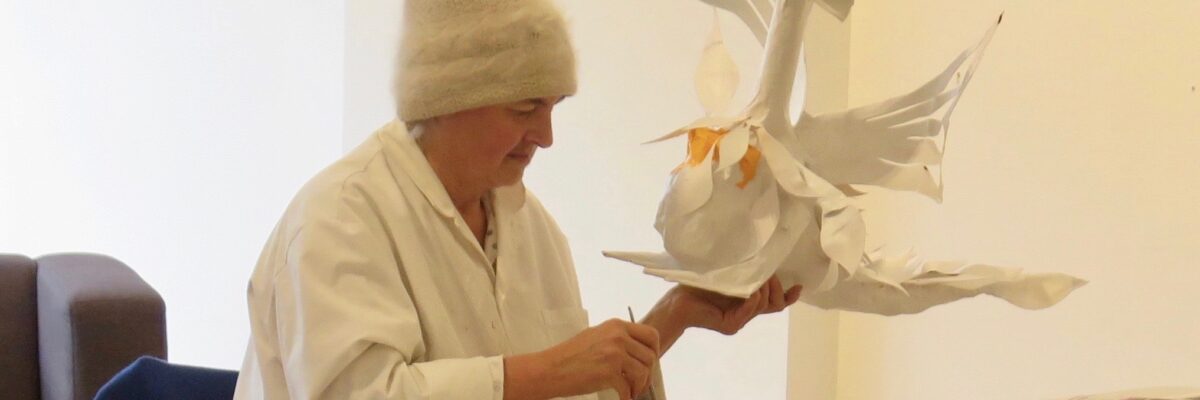Considerations

Artist Brigitte Urben
Privacy and Consent
- Collaboration Resources from Ethics for Making
- Ethical Considerations for Artists Depicting Subjects: Suggestions and Self-Reflection Essay by Lucas Jennings for Contextualising Practice
- Photographers Need to Reexamine What Consent Means by Jacqui Palumbo on artsy.net
- When Can Artists Bend Ethics for Art’s Sake? by Natasha Bell on artsy.net

